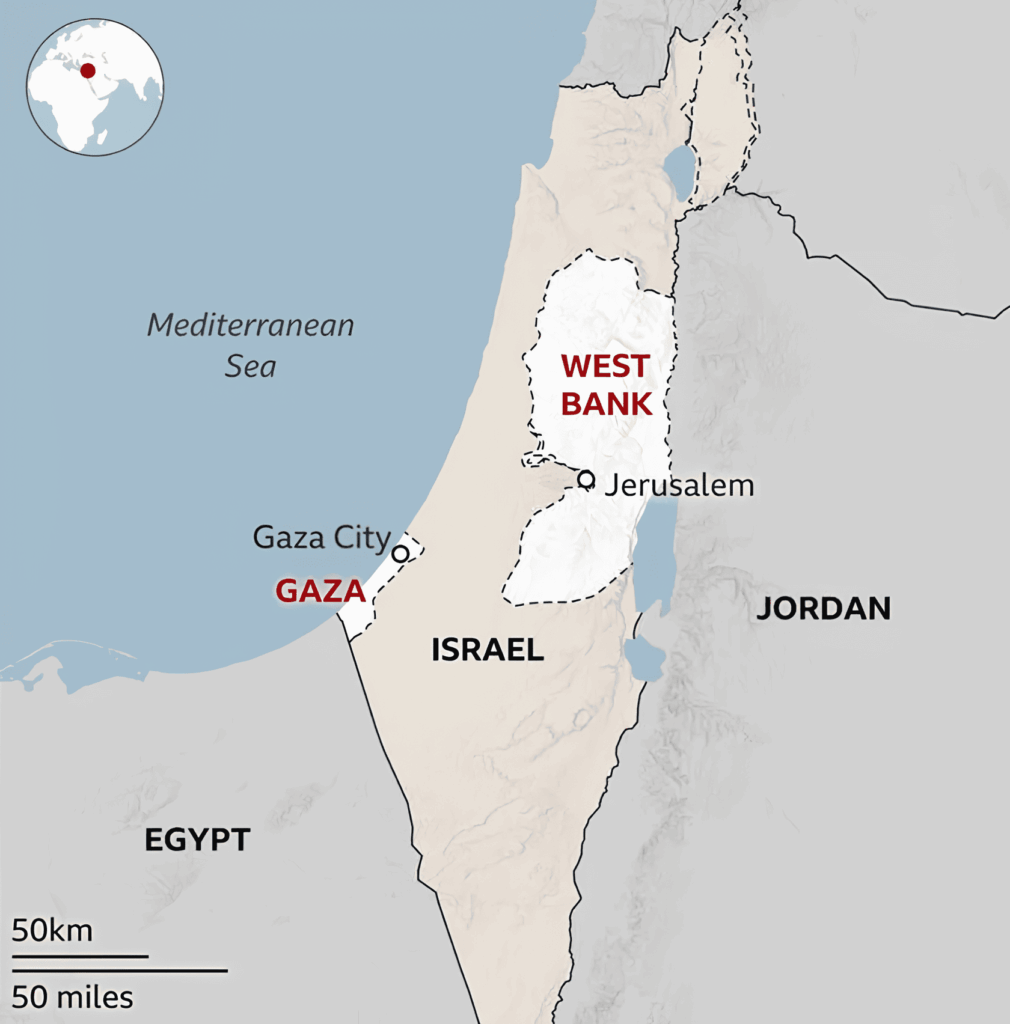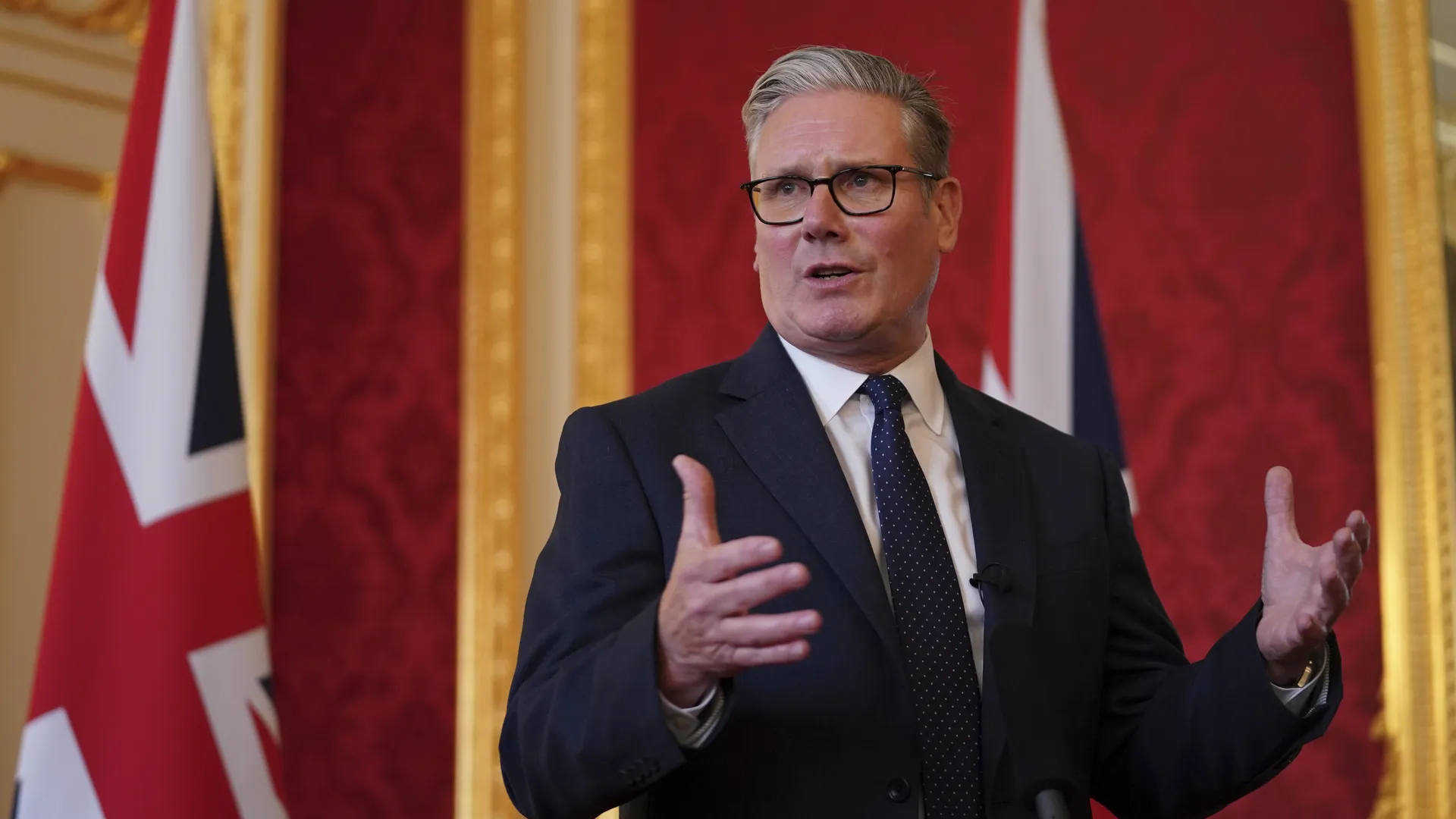UK Shifts Policy With Recognition of Palestinian State
The UK government has formally recognized the state of Palestine. This marks a dramatic shift in its foreign policy approach to the Israel-Palestine conflict. The decision comes at a time when international pressure for a two-state solution has reached new urgency. This is driven by rising violence, humanitarian crises, and the breakdown of negotiations. Recognition is framed by UK officials as a commitment to peace and security for both Israelis and Palestinians. This is rooted in the belief that a lasting resolution can only come from mutual statehood and coexistence. The announcement signals Britain’s intention to play a more proactive role in shaping a diplomatic framework, even as tensions escalate across the region.
International Response and the Push for a Two-State Solution
The recognition aligns the UK with dozens of countries that have already acknowledged Palestinian statehood. This strengthens momentum for a global diplomatic effort. Supporters argue that international recognition not only validates the Palestinian people’s right to self-determination but also applies pressure on Israel to return to negotiations. However, the move has been met with sharp criticism from Israeli leaders. They see it as undermining their security concerns and rewarding extremist groups. The two-state solution — which envisions an independent Palestinian state alongside Israel — remains the cornerstone of international consensus. However, years of stalled talks and ongoing settlement expansion have complicated its viability. For further insight into the geopolitical dimensions, resources such as United Nations and Chatham House explore the evolving diplomatic landscape.

Challenges and Opportunities Ahead for Peace
Despite its symbolic weight, recognition does not immediately alter realities on the ground. The Palestinian territories remain deeply divided. The Palestinian Authority holds limited governance in the West Bank while Hamas controls Gaza. Ongoing conflict, humanitarian suffering, and the absence of direct peace talks make the path forward uncertain. Yet, recognition by a major power like the UK sends a signal that the international community cannot ignore Palestinian sovereignty’s urgency. Advocates argue it creates opportunities for renewed dialogue and for humanitarian efforts that address both immediate needs and long-term governance. At the same time, the controversy underscores the broader challenges in reconciling security, sovereignty, and justice in one of the world’s most entrenched conflicts. Analysts at Council on Foreign Relations and European Council on Foreign Relations highlight how recognition may influence not only regional negotiations but also broader international norms on statehood and conflict resolution.



